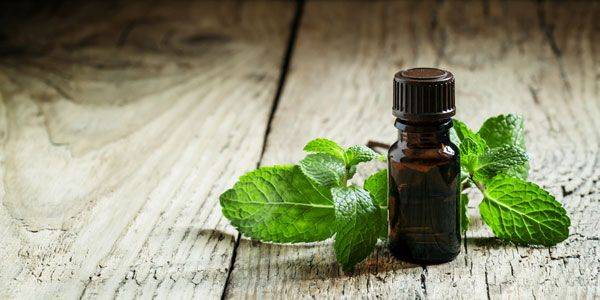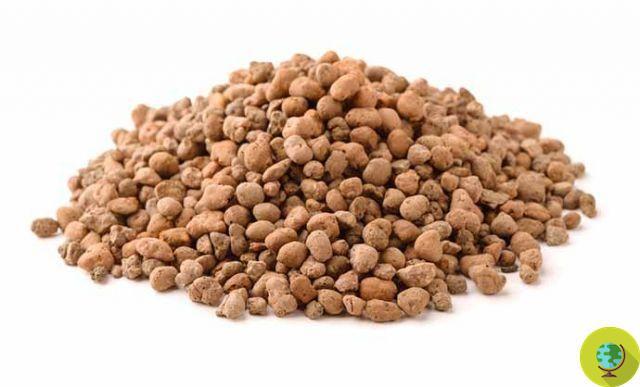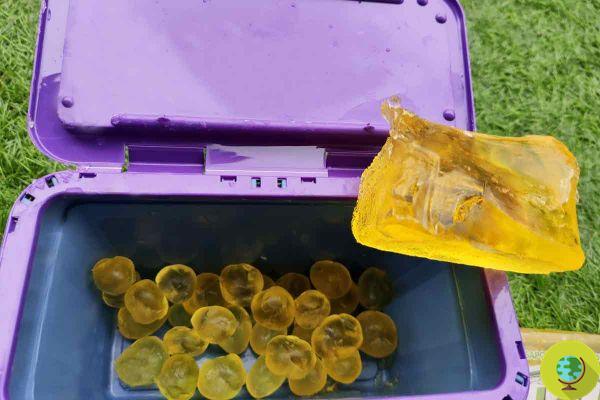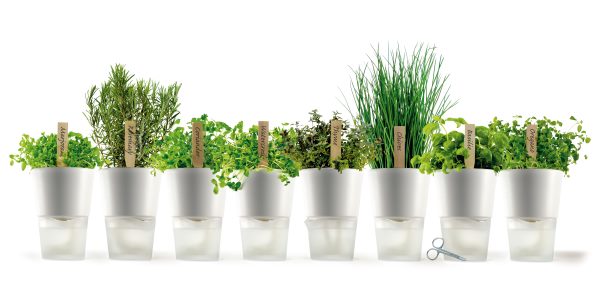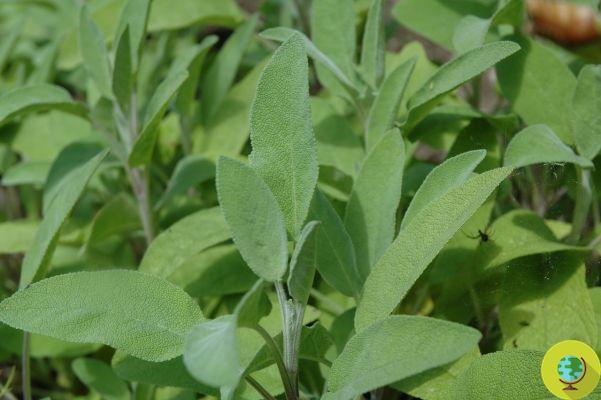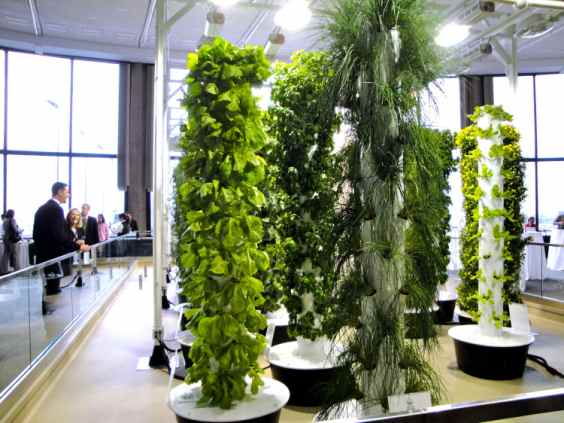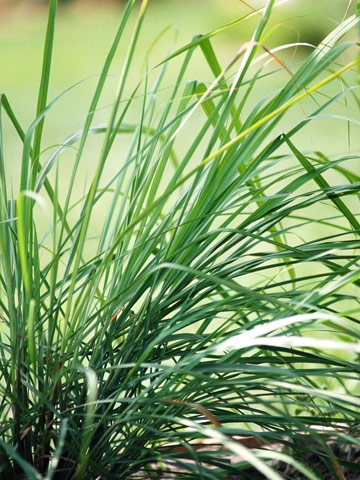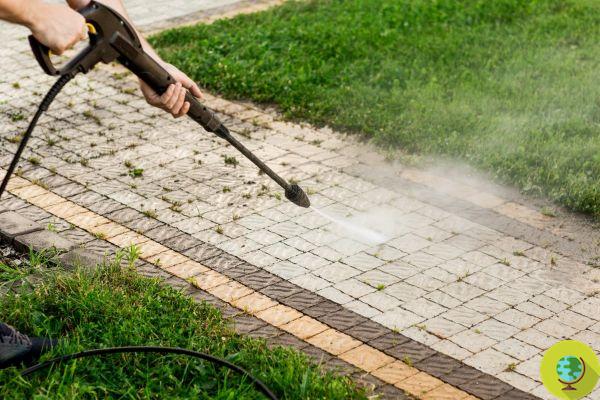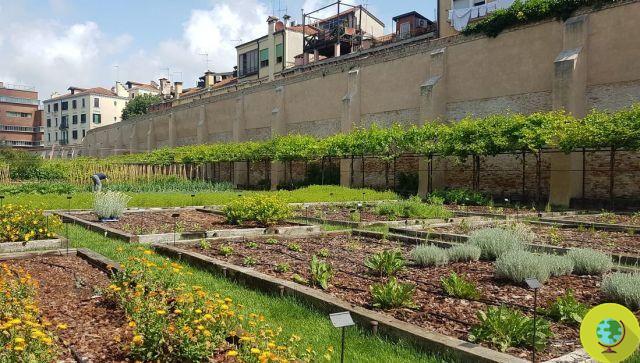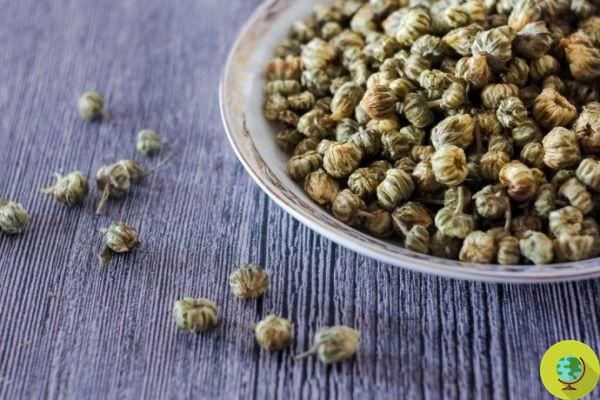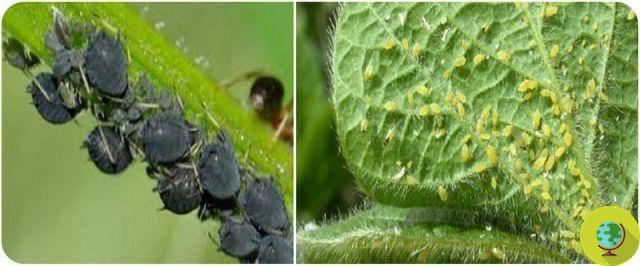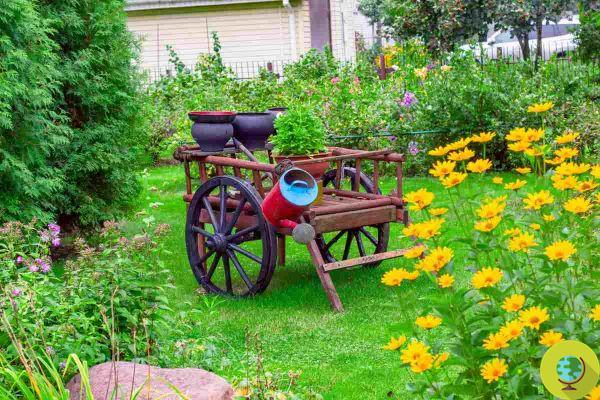
Aspirin used in the garden can have several effects on your plants. It has been shown to promote growth, protect plants from parasites and fungi and help propagation by cuttings. Let's find out all the uses of aspirin for plants.
He is about to end up run over, his mother saves him
The use of 'aspirin in the garden it can have a scientifically proven beneficial effect on many of your plants, but it also has contraindications that should not be underestimated
THEacetylsalicylic acid is the active ingredient in aspirin and is derived from salicylic acid, which occurs naturally in willow bark and many other trees. According to some research, this natural cure-all can really improve the health of your plants.
Let's find out all the beneficial effects of this drug in the garden. (Read also: A strange effect of aspirin can help protect against air pollution)
Index
Aspirin and the benefits on plant growth
Using aspirin on plants appears to be beneficial, but the question is why? Apparently, the plants produce small amounts of on their own salicylic acid when they are stressed. This small amount helps them cope when they are under attack by insects, or when they are too dry and undernourished, and perhaps even in the presence of a disease.
This component helps strengthen the plant's immune system, just like it does for us. A diluted solution of water and aspirin provides accelerated germination, and some resistance to disease and pests.
Aspirin has been shown to increase plant size and yield.
The reason? Salicylic acid improves the immune response in plants, which in this way are able to defend themselves from attack by microbes or insects.
Gardeners from the University of Rhode Island sprayed an aspirin water mixture on their gardens and found that the plants grew faster and were more fruitful than an untreated control group.
The aspirin also produced healthier plants than the control group. The team used a dose of three aspirins (250 to 500 milligrams) mixed with about 11,5 liters of water. The solution was sprayed every three weeks during the growing season.
Benefits of aspirin on plants
Here are some of the benefits of aspirin on plants.
Help cut flowers live longer
Aspirin would help plants and cut flowers to live longer. How? This drug would have a protective action, so as to stimulate growth.
How does it work? It has been shown that thesalicylic acid contained in aspirin blocks the action of ethylene responsible for withering. So, in the case of cut flowers, the advice is to add half aspirin to a liter of water, and pour the solution into the flowerpot.
Pesticide against parasites and fungal diseases
Aspirin can be used as pesticide and how fungicide.
There is some evidence to suggest that salicylic acid may play a role in preventing plant diseases, but it is not curative. In one study, scientists sprayed some tomato seedlings with a little salicylic acid spray.
After spraying, the plants were exposed to a pathogen, specifically the bacteria that cause purple potato bud disease. Early aspirin spraying cut the spread of bacteria by nearly half.
However, applications of salicylic acid after the bacterial infection had already spread appeared to have little or no effect, possibly because the plant was already infected. Hence, the early application of the acid is believed to have triggered a preventive systemic resistance, which helped thwart infections.
As a result, it is unclear whether the use of aspirin in the garden leads to a better immune system for the plant.
So to sum it up, while it's possible that water-dissolved aspirin tablets could be used to prevent some bacterial plant diseases, this medicine isn't really a pest deterrent.
Increase plant tolerance
Can you improve the drought tolerance of a given plant with the use of aspirin?
Some studies suggest that this may actually be true, as salicylic acid andacetylsalicylic they can also be effective in improving plant tolerances to various problems.
In fact, just as aspirin activates defense systems against bacterial infections, it can also activate them to stimulate the plant to protect itself from other conditions.
Of course, it should be emphasized that constant watering and maintenance of the leaves and stems give a better effect than spraying water with aspirin.
Promotes propagation by cuttings
The use of aspirin can promote propagation by cuttings. The reason? Salicylic acid promotes rooting.
Research, for example, has shown how this compound favors the propagation of soybean roots and sprouts; then, in a cup of water dissolve an aspirin tablet and, immediately afterwards, immerse the cutting in the solution and leave it for a few hours.
Aspirin for tomatoes
Some claim you can use aspirin for improve yields, get healthier plants and more robust leaves. Of course, much more thorough testing is needed to get accurate results.
As a result, using aspirin on tomato plants is not certain that it will affect and improve the yield.
Overall, we can say that a spray of aspirin solution can have effects on plants; however, whether these are beneficial effects remains to be seen.
It's not a tomato miracle drug, it certainly doesn't help with rooting, and while it can help with systemic responses, science has yet to find out if it works long-term.
Contraindications and precautions
There are some potential side effects especially if aspirin is used improperly; for example, plants may develop brown, burn-like spots on their leaves. The best way to protect them is to spray them early in the morning, so that the leaves have a chance to dry before the evening.
Another side effect of using aspirin on plants that should not be underestimated is the api and all other pollinating insects that could be harmed by the effects of aspirin. These insects are most active once the sun has "kissed" the plants, so if you want to use aspirin it is best to use it mainly for houseplants or before the sun comes out to protect bees and others. insects.
Follow us on Telegram | Instagram | Facebook | TikTok | Youtube
Could it be interesting for you:
- How and why you should water your plants with a cup of coffee, the result is amazing!
- Natural fertilizers: the 3 best ways to fertilize plants without buying chemicals
- Don't throw out the expired yeast! You can turn it into plant fertilizer (and more)
- Expired mayonnaise? Don't throw it away, use it on plants like this, the result is incredible
- Thus the peels of Sicilian oranges can replace chemical fertilizers and fight desertification
- This compost produced from cocoa waste is more nutritious for the soil than chemical fertilizers




